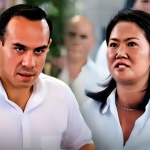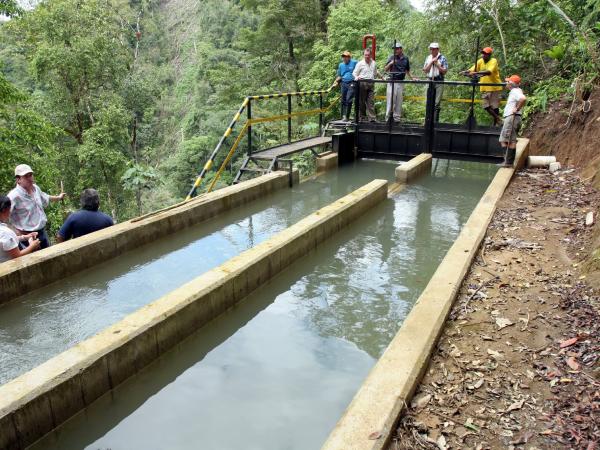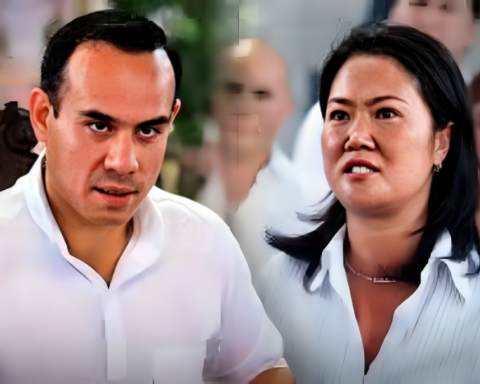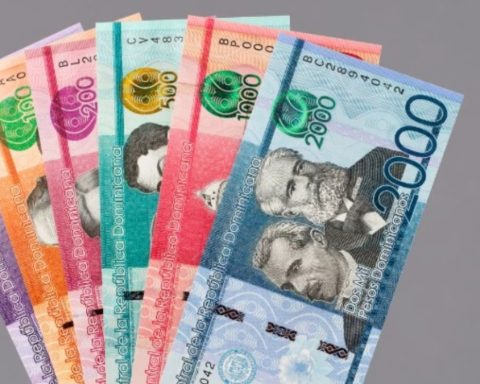Ngozi recalled that Ukraine “is one of the world’s largest wheat exporters.” Georgieva recalled her earlier warnings about the “significant economic risk” of the conflict amid the global recovery from the Covid-19 pandemic, saying “the impact will go beyond Ukraine.”
He highlighted additional pressure on inflation, which is likely to accelerate amid rising energy and wheat prices. The United States and Europe imposed sanctions on Russia that affect the financial sector but largely spared the oil and agriculture sectors, fearing that they will end up affecting them as well.
The sanctions “add to the economic impact of this crisis and will primarily affect energy and grain prices, adding to growing concerns about inflation and how it can be countered,” Georgieva said.
Also, the conflict in Ukraine adds “a lot of uncertainty” to the global economy that is reflected in the financial markets and undermines confidence in emerging countries causing an exodus of capital at a time when they need more financing.
Georgieva, who is Bulgarian, said she had a personal connection to the crisis, as her brother is married to a Ukrainian and they live in a town near the Russian border.
“I know that right now it is very difficult to see a way out towards peace, but … we must find a way to bring that peace that people desperately want.”
















